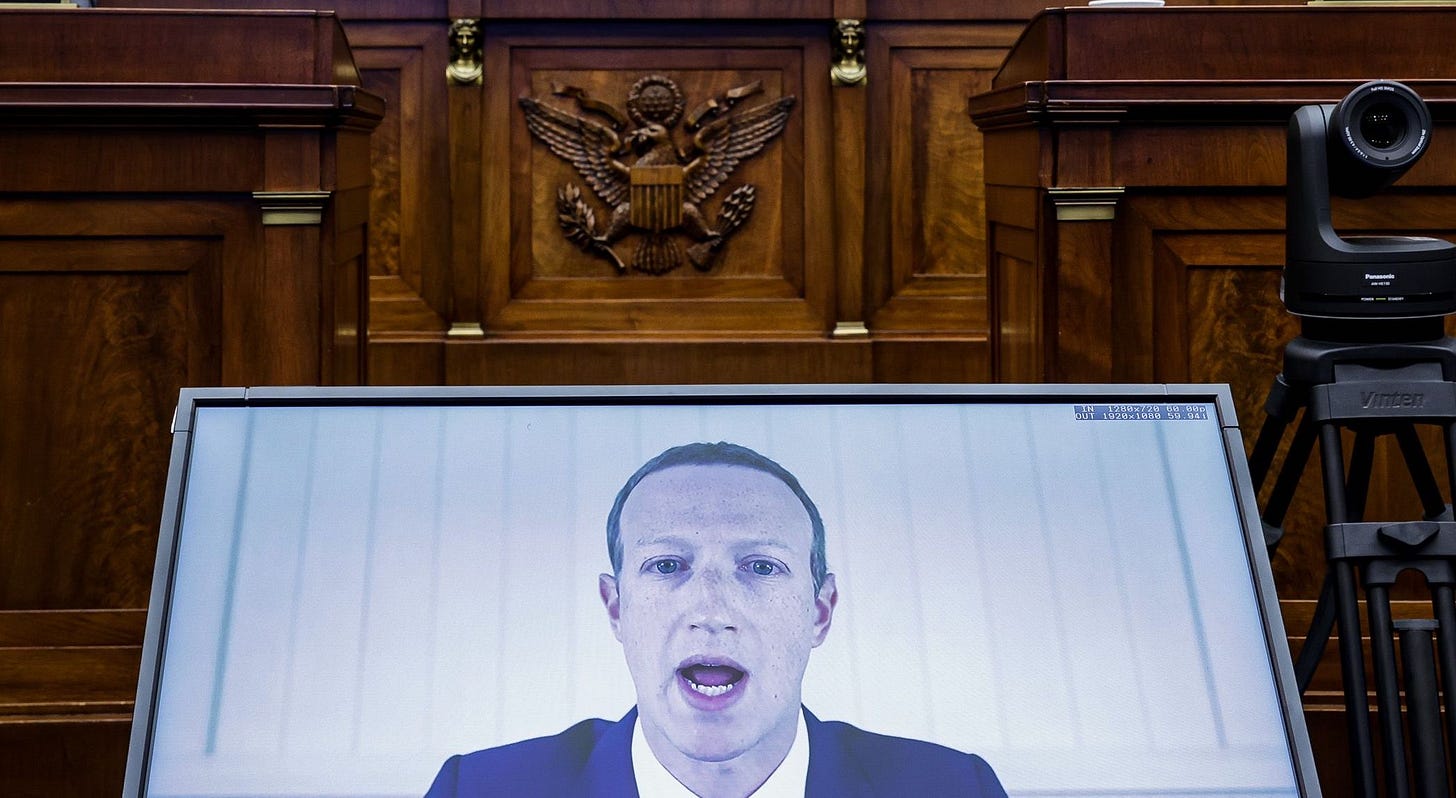Can you focus long enough to read this?
Johann Hari, author of the new book "Stolen Focus," on the powerful actors working to break your brain -- and how to fight back
By Johann Hari
When he was nine years old, my godson developed a brief but freakishly intense obsession with Elvis Presley. He took to singing “Jailhouse Rock” at the top of his voice, with all the low crooning and pelvis-jiggling of the King himself. He didn’t know this style had become a joke, so he offered it with all the heart-catching sincerity of a pre-teen who believes he is being cool. In the brief pauses before he started singing it all over again, he demanded to know everything (“Everything! Everything!”) about Elvis, and so I jabbered out the rough outline of that inspiring, sad, stupid story.
Elvis was born in one of the poorest towns in Mississippi — a place far, far away, I said. He arrived in the world alongside his twin brother, who died a few minutes later. As he grew up, his mother told him that if he sang to the moon every night, his brother could hear his voice, so he sang and sang. He began to perform in public just as television was taking off — so in a sudden swoosh, he became more famous than anyone had ever been before. Everywhere Elvis went, people would scream, until his world became a chamber of screams. He retreated into a cocoon of his own construction, where he gloried in his possessions in place of his lost freedom. For his mother he bought a palace and named it Graceland.
I skimmed through the rest — the descent into addiction, the sweating, gurning stage-jammering in Vegas, the death at the age of forty-two. Whenever my godson, who I’ll call Adam — I’ve changed some details here to avoid identifying him – asked questions about how the story ended, I got him to duet “Blue Moon” with me instead. “You saw me standing alone,” he sang in his little voice, “without a dream in my heart. Without a love of my own.”
One day, Adam looked at me very earnestly and asked: '“Johann, will you take me to Graceland?” Without really thinking, I agreed. “Do you promise? Do you really promise?” I said I did. And I never gave it another thought, until everything had gone wrong.
Ten years later, Adam was lost. He had dropped out of school when he was fifteen, and he spent literally almost all his waking hours at home alternating blankly between screens — his phone, an infinite scroll of Whatsapp and Facebook messages, and his iPad, on which he watched a blur of YouTube and porn. At moments, I could still see in him traces of the joyful little boy who sang “Viva Las Vegas,” but it was like that person had broken into smaller, disconnected fragments. He struggled to stay with a topic of conversation for more than a few minutes without jerking back to a screen or abruptly switching to another subject. He seemed to be whirring at the speed of Snapchat, somewhere where nothing still or serious could reach him. He was intelligent, decent, kind — but it was like nothing could gain any traction in his mind.
During the decade in which Adam had become a man, this fracturing seemed to be happening — to some degree — to many of us. The sensation of being alive in the early twenty-first century consisted of the sense that our ability to pay attention — to focus — was cracking and breaking. I could feel it happen to me — I would buy piles of books, and I would glimpse them guiltily from the corner of my eye as I sent, I told myself, just one more tweet. I still read a lot, but with each year that passed, it felt more and more like running up a down escalator. I had just turned forty, and wherever my generation gathered, we would lament our lost capacity for concentration, as if it was a friend who had vanished one day at sea and never been seen since.
Then one evening, as we lay on a large sofa, each staring at our own ceaselessly shrieking screens, I looked at Adam and felt a low dread. We can’t live like this, I said to myself.
“Adam,” I said softly. “Let’s go to Graceland.”



